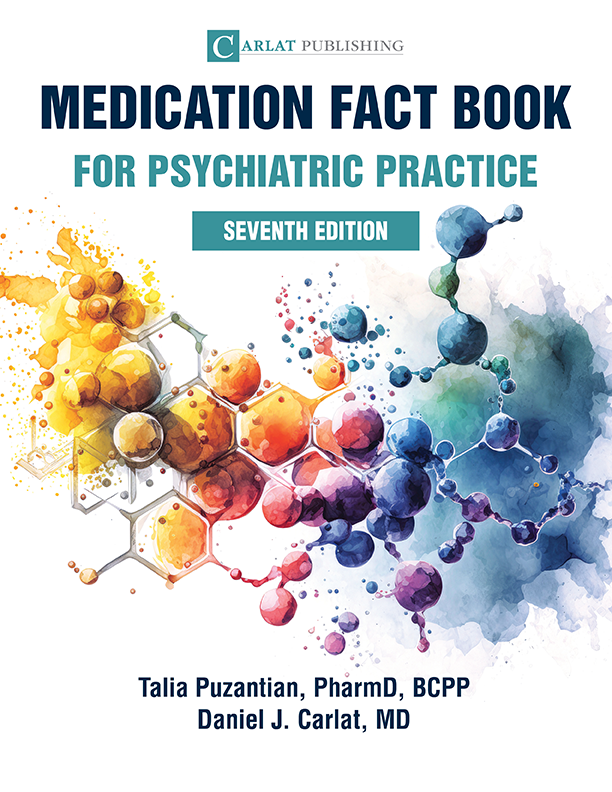General Psychiatry
Using Natural Supplements
 Lila Massoumi, MD
Chairperson, Caucus on Complementary, Alternative, and Integrative Medicine, American Psychiatric Association
Dr. Massoumi has disclosed that she has no relevant financial or other interests in any commercial companies pertaining to this educational activity.
Lila Massoumi, MD
Chairperson, Caucus on Complementary, Alternative, and Integrative Medicine, American Psychiatric Association
Dr. Massoumi has disclosed that she has no relevant financial or other interests in any commercial companies pertaining to this educational activity.
Benefits of Alpha-Stim
Lila Massoumi, MD
Chairperson, Caucus on Complementary, Alternative, and Integrative Medicine, American Psychiatric Association
Dr. Massoumi has disclosed that she has no relevant financial or other interests in any commercial companies pertaining to this educational activity.
Read More
Whole-Body Hyperthermia for Depression: Effective or Too Early to Tell?
Bret A. Moore, PsyD, ABPP
Read More
Sexual Side Effects of the Newer Antidepressants
 Daniel Carlat, MD.
Editor-in-Chief, Publisher, The Carlat Report.
Daniel Carlat, MD.
Editor-in-Chief, Publisher, The Carlat Report.
Dr. Carlat has disclosed that he has no relevant relationships or financial interests in any commercial company pertaining to this educational activity.
Discussing Side Effects With Patients
 Rajnish Mago, MD
Director, Mood Disorders Program, Associate Professor of Psychiatry, Thomas Jefferson University
Dr. Mago discloses that he has received research grants from Alkermes, Allergan (formerly Forest Laboratories), Genomind, and Takeda, and that he has been a paid consultant to Genomind, Guidepoint Global, Otsuka, and Lundbeck. Dr. Carlat has reviewed this article and found no evidence of bias in this educational activity.
Rajnish Mago, MD
Director, Mood Disorders Program, Associate Professor of Psychiatry, Thomas Jefferson University
Dr. Mago discloses that he has received research grants from Alkermes, Allergan (formerly Forest Laboratories), Genomind, and Takeda, and that he has been a paid consultant to Genomind, Guidepoint Global, Otsuka, and Lundbeck. Dr. Carlat has reviewed this article and found no evidence of bias in this educational activity.
Efficacy of Quetiapine in PTSD
 Bret A. Moore, PsyD, ABPP. Board-Certified Clinical Psychologist, San Antonio, TX
Bret A. Moore, PsyD, ABPP. Board-Certified Clinical Psychologist, San Antonio, TX
Dr. Moore has disclosed that he has no relevant financial or other interests in any commercial companies pertaining to this educational activity.

_-The-Breakthrough-Antipsychotic-That-Could-Change-Everything.jpg?1729528747)



